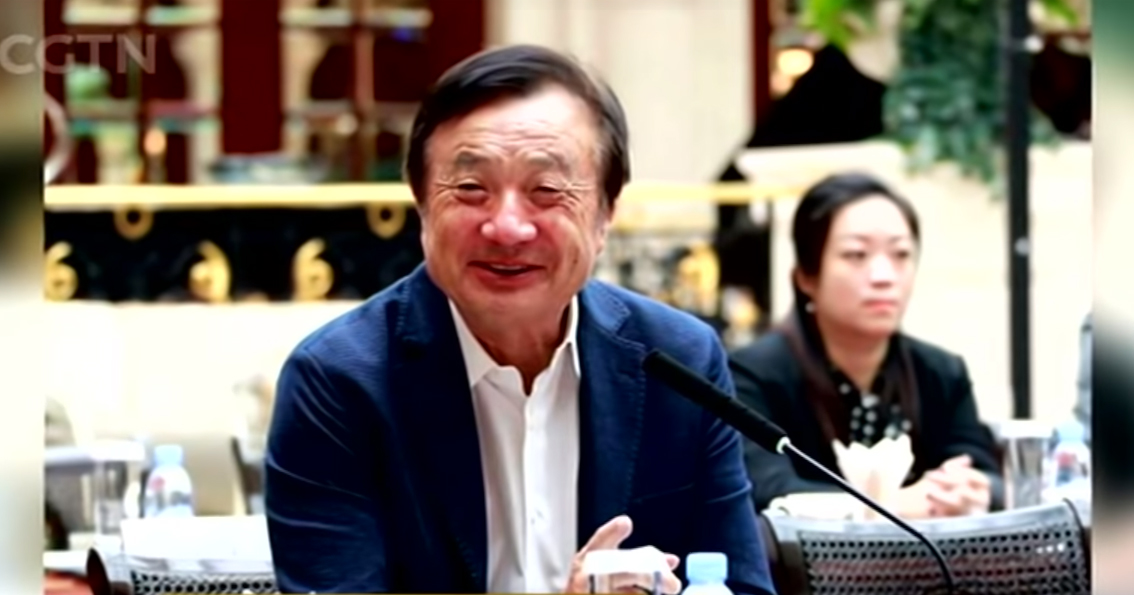Publicity-shy Huawei founder Ren Zhengfei has taken the rare step of addressing the media and public as the United States government turns the heat up on his company.
Ren on Tuesday, May 21 shrugged off US attempts to block his company's global ambitions, saying the US underestimates the telecom giant's strength.
Ren spoke to Chinese media only a few days after President Donald Trump issued orders aimed at thwarting Huawei's business in the US.
Huawei is having its efforts thwarted as it aims to be the pace-setter for the next-generation 5G technology.
According to transcripts from state-run media, Ren said: "The current practice of US politicians underestimates our strength."
He also said: "Huawei's 5G will absolutely not be affected. In terms of 5G technologies, others won't be able to catch up with Huawei in two or three years."
Ban threatens Huawei survival
Ren also said half of the chips used in Huawei's equipment come from the US and the other half it makes itself, easing some doubts about the company's access to key components.
"We cannot be isolated from the world," Ren said.
"We can also make the same chips as the US chips, but it doesn't mean we won't buy them," he added.
Ren also denied reports that German chipmaker Infineon has halted shipments to Huawei.
But Huawei's very survival is threatened if the ban is extended.
Analysts say Huawei heavily relies on US components.
"If the ban continues, Huawei will be damaged for sure, particularly in smartphones but also in the datacenter and networking markets," said Patrick Moorhead of Moor Insights & Strategy.
Huawei reassuring customers
On the retail front, Huawei has sought to ease customers' concerns over Google's announcement, which signalled that the Chinese telecoms giant will no longer have access to Google's proprietary services, such as the Gmail and Google Maps apps.
Ren said Huawei and Google are discussing how to respond to the ban, calling the US firm a "highly responsible company".
The Commerce Department on May 20 has since issued a 90-day reprieve on the ban on the transfer of technology by allowing temporary licences.
A company spokesman in Australia said the US actions "will not impact consumers" with a Huawei tablet or smartphone in the country, or those planning to buy a device in the future.
But not as if Huawei has not been prepared.
Huawei has reportedly been attempting to develop their own OS (operating system) from as early as April 2018.
Asked how long Huawei may face difficult times, Ren said: "You may need to ask Trump about this question, not me."
If you like what you read, follow us on Facebook, Instagram, Twitter and Telegram to get the latest updates.
